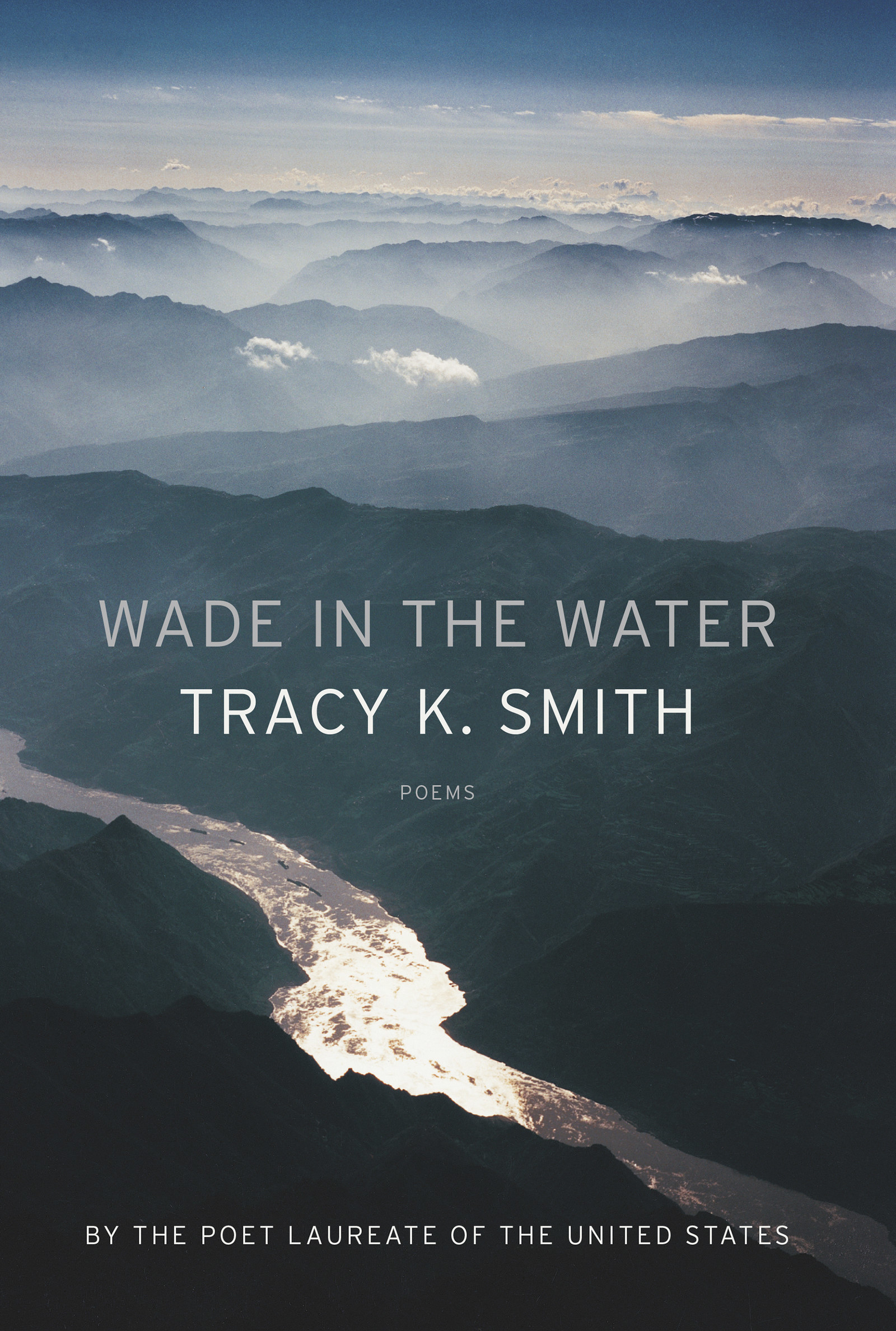

And she didn’t simply plunk a marker down in the middle of a state and call it good. Straight, a professor of creative writing at the University of California, Riverside, started a project – just for fun – to create a literary map of the United States. As she passes through regions of the country on one of her epic road trips, she views people and landscapes through the lens of literature. Growing up, “Books were this huge deal to me, and books were how I learned about America,” she says in a video interview. When Susan Straight travels, she sees novels. Written with poetic precision and economy, this beautiful and moving kaleidoscope of self and family offers us a universal story of finding and losing ourselves amid the places we call home.When Americans travel, they see mountains and valleys and oceans. But when her mother is diagnosed with cancer, which she says is part of God’s plan, Tracy must learn a new way to love and care for someone whose beliefs she has outgrown. These startling contrasts–between her family’s past, her own comfortable present, and the promise of her future–will eventually compel her to act on her passions for love and "ecstatic possibility," and her desire to become a writer. But after a summer in Alabama at her grandmother’s house, she returns to California with a new sense of what it means to be black: from her mother’s memories of picking cotton as a girl in her father’s field for pennies a bushel, to her parents’ involvement in the Civil Rights movement. Smith grew up as the youngest of five children in suburban California, loved by her parents who taught her to believe in God. Smith tells her remarkable story in Ordinary Light, a memoir that explores her coming-of-age and the meaning of home against a complex backdrop of race, faith, and the unbreakable bond between a mother and daughter. Wade in the Water is a powerful and luminous book by one of America’s essential poets. Here, personal utterance becomes part of a larger collective voice as the collection includes erasures of The Declaration of Independence and letters from African American soldiers in the Civil War, a found poem composed of evidence of corporate pollution and accounts of near-death experiences, and a sequence based on testimonies of recent immigrants and refugees.

Smith’s distinctive voice―curious, lyrical, and wry―examines what it means to be a citizen, a mother, and an artist in a culture mediated by wealth, men, and violence.

These are poems of varying scale: some capture a glimpse of song or memory some collage an array of documents and voices and some transcend the known world into the mystical, the sacred.

Smith explores America’s present and past with a keen eye and a lyrical voice in Wade in the Water, a collection of poems that connects our contemporary moment to our nation’s complex history and to a sense of the eternal.


 0 kommentar(er)
0 kommentar(er)
